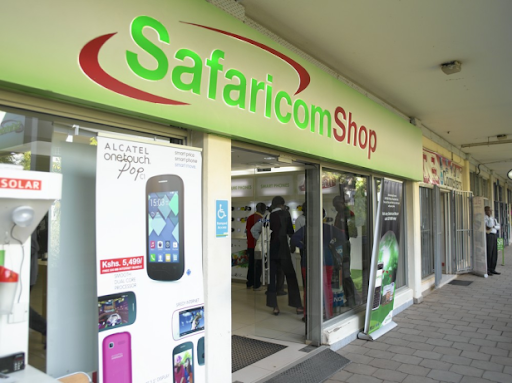The Safaricom separation story has always been a trendy topic of conversation among lawmakers and others with a stake in the issue. Even though Safaricom’s internal teams and top leaders strongly disagreed with the narrative, and Safaricom’s former CEO, the late Bob Collymore, once said that the company shouldn’t be punished for being successful, this same story was linked to the idea that Safaricom has become too big and that its mobile money product, M-PESA, would be better off as a separate company from its parent company.
Although it has never been mentioned directly, an analysis conducted by British firm Analysys Mason found that the vast majority of the carriers and mobile money industry tilted the scales in Safaricom’s favour. The review was conducted with approval from the Communications Authority, which oversees the information and communications technology industry. In 2017, Analysys was the forerunner in proposing a division of Safaricom.
Why Should M-PESA Split from Safaricom?
The bill is an effort to bring equity to the field. In 2020, senators from Kenya revisited the issue, still insisting that the separation had been essential. They argue that companies like Telkom and Airtel Kenya, which might provide a serious challenge to Safaricom, would benefit from the market being divided in this way. They had also suggested that the carrier operations of the company be split into the CA and the CBK.
But after many months, MPs still wouldn’t look into the Safaricom split. Only two members of Parliament supported a new bill that would have made this split mandatory for all telcos. The bill was called the Kenya Information and Communications (Amendment) Bill, and Elisha Odhiambo, an MP for Gem then, pushed for it.
Read also: Safaricom Launches M-PESA Junior Accounts For Minors
There have been notable developments thus far on this subject. In the middle of this year, when it was made public that it would divide the company, Safaricom seems to have given in to pressure from lawmakers to do so.
Since then, Safaricom CEO Peter Ndegwa has said that the separation of the two companies would form a holding company that will be in charge of the telco’s mobile money services, towers, data services, and Ethiopian division. The company in Ethiopia is currently operational, and Safaricom services are already available in three locations. With its formal launch scheduled to occur in some weeks’ time,
“In the future, we expect there will be a holding company, probably the listed business, and there will be quite a few businesses that operate under Safaricom we are also able to monetise some of the assets we have, for example, the towers that we could lease in the future so probably have tower company,” CEO Peter Ndegwa had said previously.
Already, Safaricom is collaborating with Telkom and Airtel Kenya to share its infrastructure for paying bills and purchasing items. Interoperability across government agencies is also scheduled to go live in 2024.
Read also: Safaricom Launches Islamic Banking Service
Observations
Airtel Kenya has previously split its mobile money company, which operates under the name Airtel Money, from its other service offerings. It is the first company in Kenya to do this, and Telkom Kenya’s T-Kash product was supposed to be ready around the same time as Airtel’s, but that has not yet transpired.
According to a statement made by the Governor of the CBK, Patrick Njoroge, the final split could be completed as early as January.
This implies that M-PESA and T-Kash will become like Airtel Money, which has separated from its mother company and will be independent.
